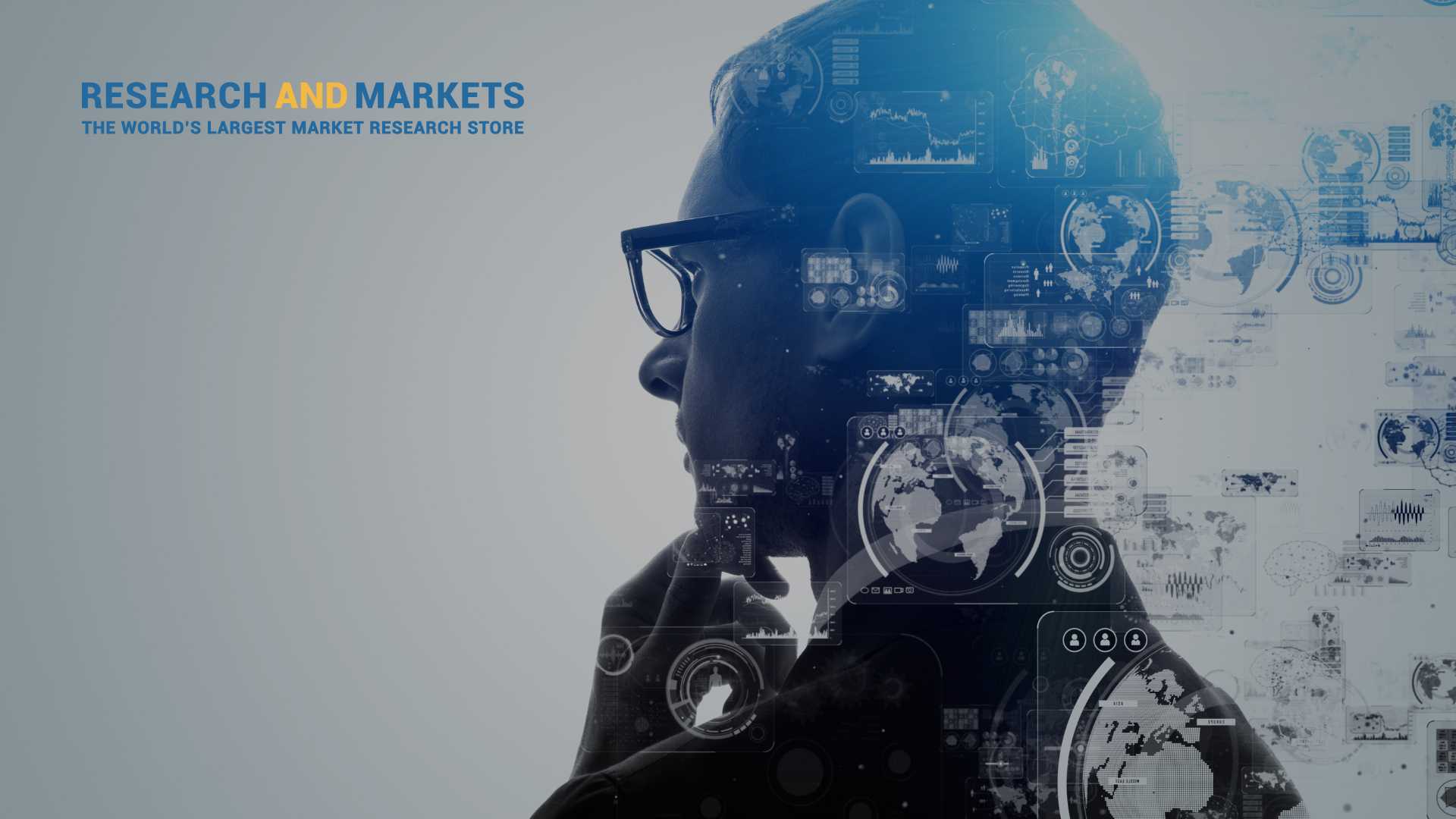


The global enterprise artificial intelligence (AI) market is poised for significant growth, projected to achieve a compound annual growth rate (CAGR) of 19.6% from 2024 to 2030, according to a new report from ResearchAndMarkets.com. Driven by advancements in AI agents, cybersecurity applications, and major players like Microsoft, Google, and IBM, the market is transforming industries such as healthcare, finance, and retail. Despite challenges like talent shortages and U.S. tariffs impacting costs, enterprise AI adoption is accelerating globally.
Enterprise AI market to grow at 19.6% CAGR from 2024 to 2030.
Major players like Microsoft, Google, and IBM dominate the market.
AI agents enhance autonomous decision-making and operational efficiency.
AI-driven cybersecurity improves threat detection and reduces breach costs.
North America leads with 39% market share; Asia-Pacific grows rapidly.
U.S. tariffs increase AI hardware costs by 10-30%, impacting adoption.
The enterprise AI market is consolidated, with leading technology companies such as Microsoft, Google, Amazon Web Services, IBM, NVIDIA, and Meta holding significant market share. These firms leverage extensive cloud infrastructure, vast datasets, and advanced R&D to deliver scalable AI solutions across sectors like healthcare, finance, retail, and manufacturing. The market’s projected 19.6% CAGR reflects growing demand for AI-driven automation and analytics.
AI agents are transforming enterprise operations by autonomously handling tasks and integrating with internal and external systems. A notable example is the July 2025 collaboration between Elior Group and IBM France, launching an “Agentic AI & Data Factory” to optimize operations and deliver personalized services. “This move reinforces Elior’s leadership in food services through advanced AI capabilities, with IBM helping to drive smarter, faster decision-making,” according to the report.
AI is revolutionizing cybersecurity by automating threat detection and response. For instance, Siemens utilized AWS to develop an AI platform that predicts 60,000 attacks per unit time, managed by just 12 people, reducing breach costs by 12% on average. “AI helps identify patterns, enabling faster threat detection and automated response,” the report notes, highlighting its role in enhancing security and reducing costs.
North America dominates with over 39% of the global enterprise AI market, driven by major players and high digital maturity. Asia-Pacific is the fastest-growing region, fueled by China’s AI strategy and India’s Digital India initiatives. Europe, with 21% market share, emphasizes ethical AI through programs like Horizon Europe, while the Middle East and Africa (MEA) and Latin America show emerging adoption in sectors like fintech and smart cities.
U.S. tariffs on AI-related hardware, such as GPUs and data center materials, are increasing costs by 10-30%, squeezing margins and slowing adoption among smaller firms. Additionally, a global AI talent shortage, particularly acute in France, hinders progress. “Hiring challenges have surged from 19% in 2018 to 80% in 2023,” the report states, citing a growing skills gap as a key restraint.
The enterprise AI market is on a transformative trajectory, driven by innovation in AI agents and cybersecurity. Despite challenges like tariffs and talent shortages, the market’s growth underscores its critical role in shaping the future of enterprise operations across diverse industries.
ResearchAndMarkets.com is the world’s leading source for international market research reports and market data. We provide you with the latest data on international and regional markets, key industries, the top companies, new products and the latest trends.
